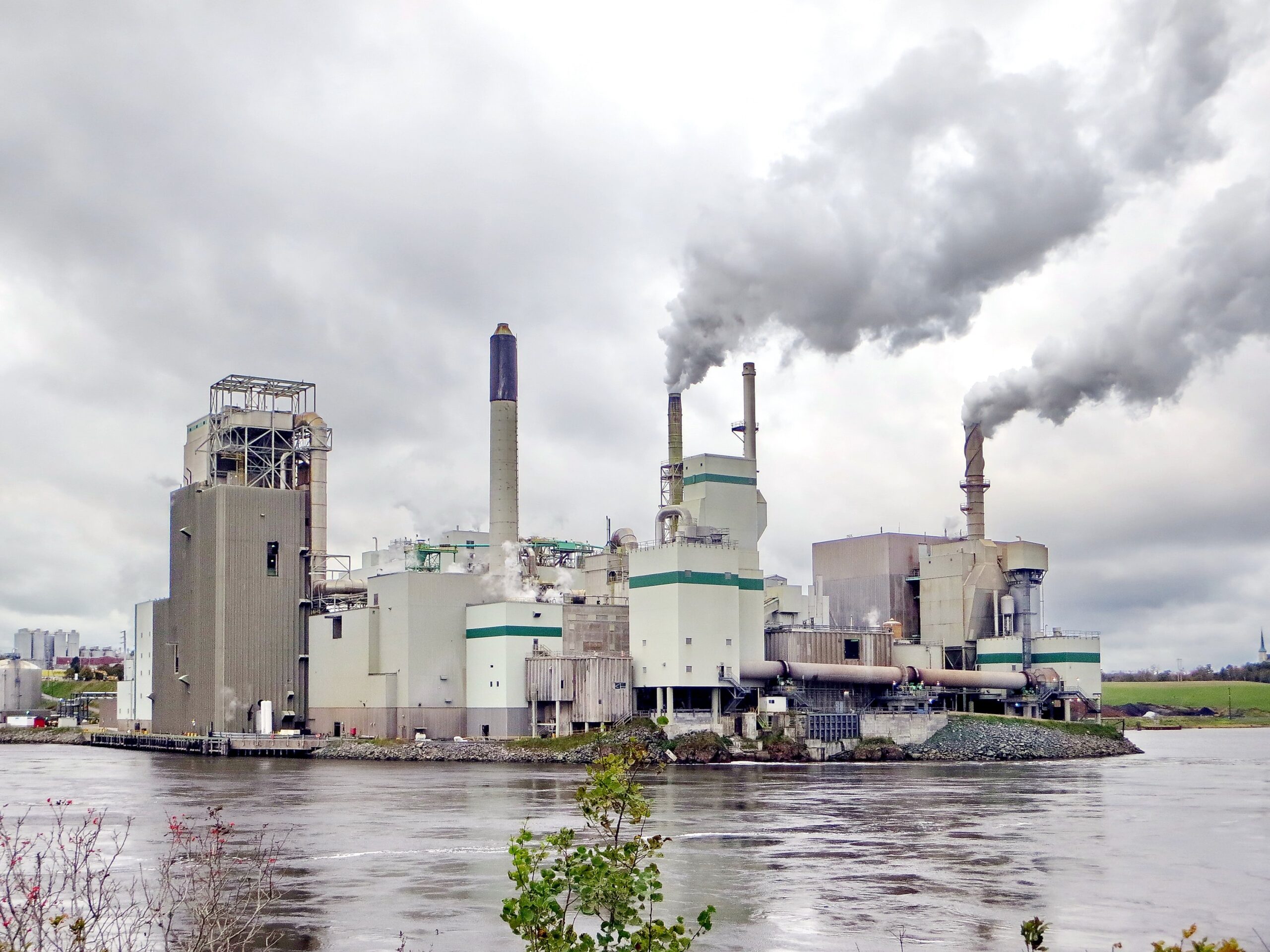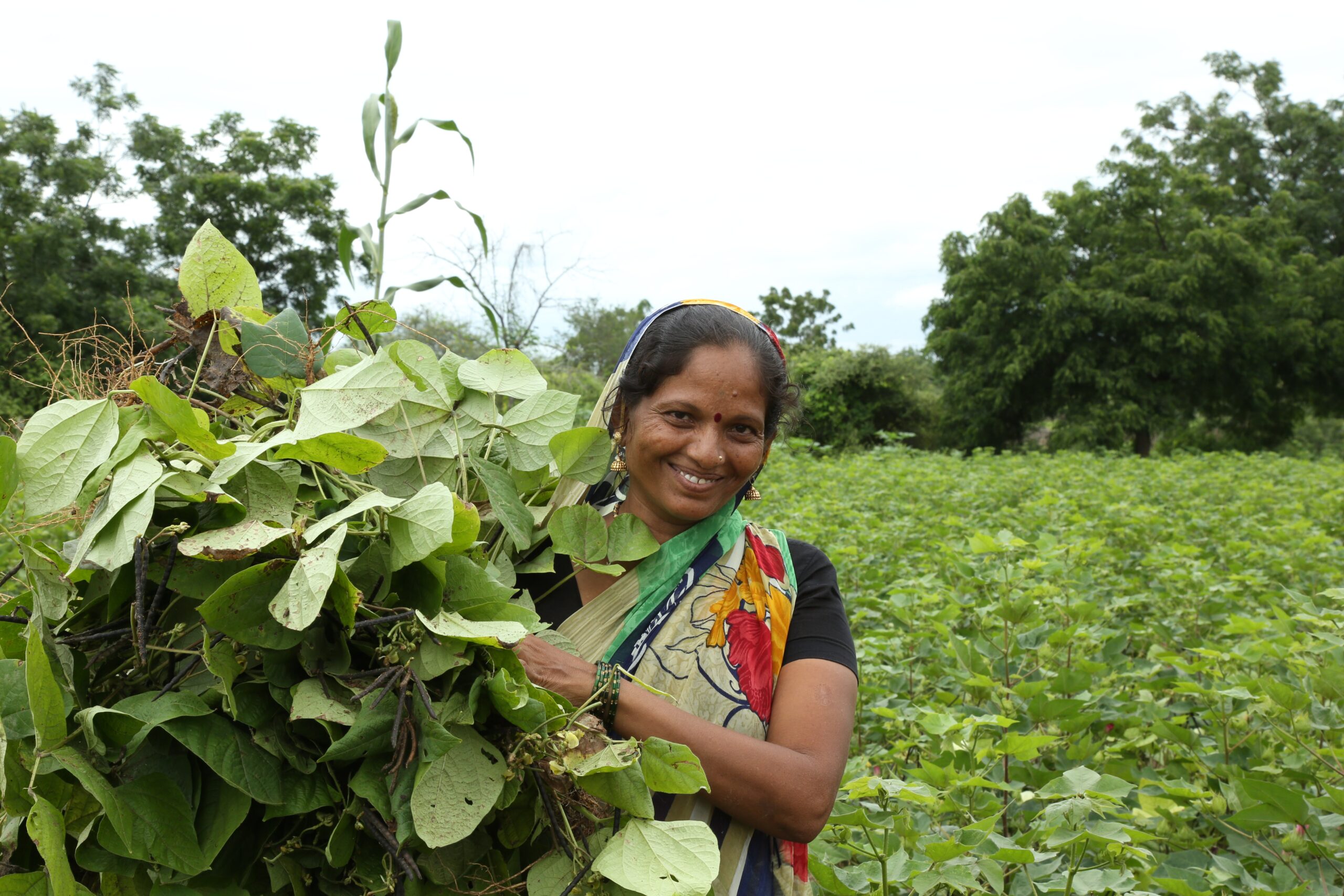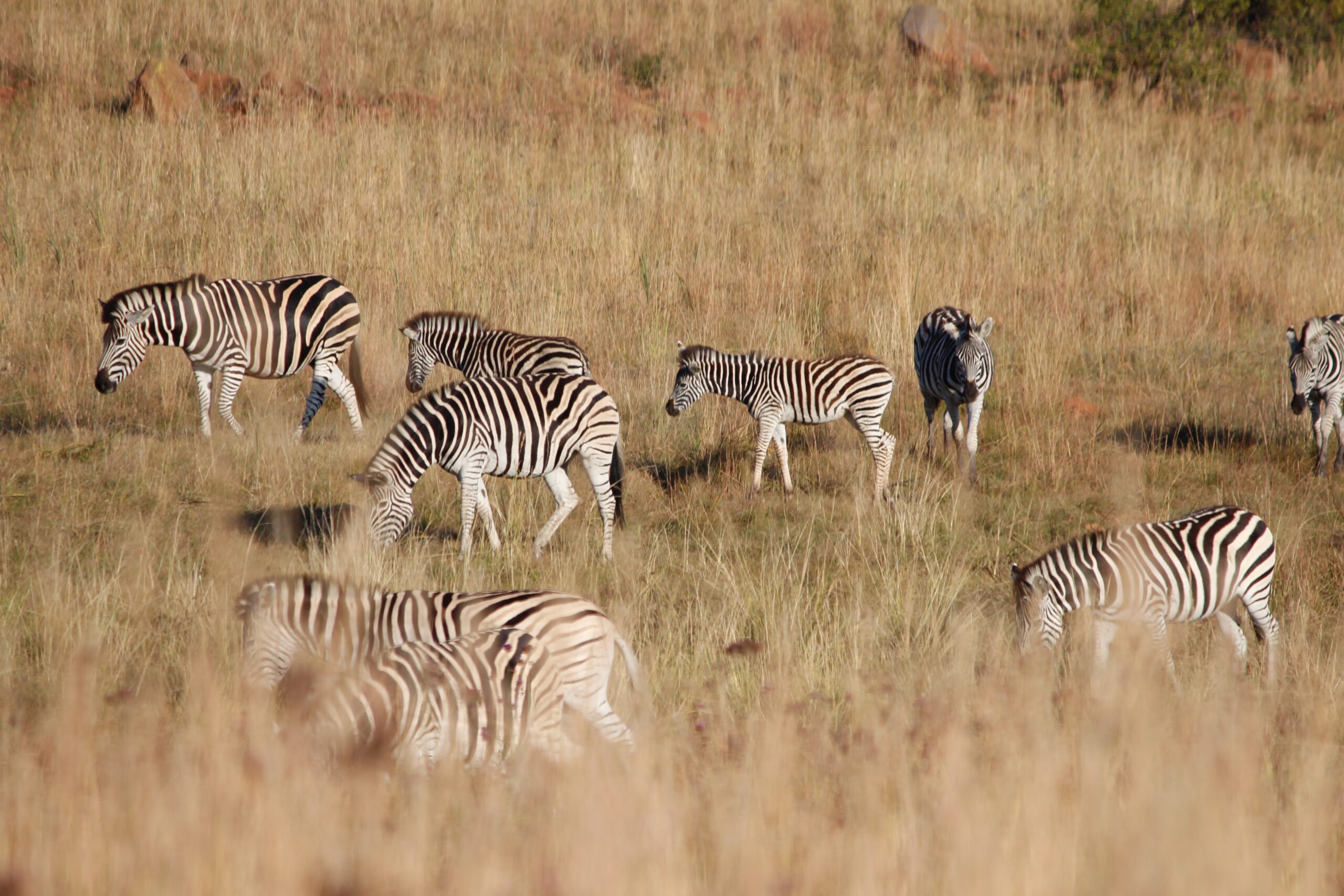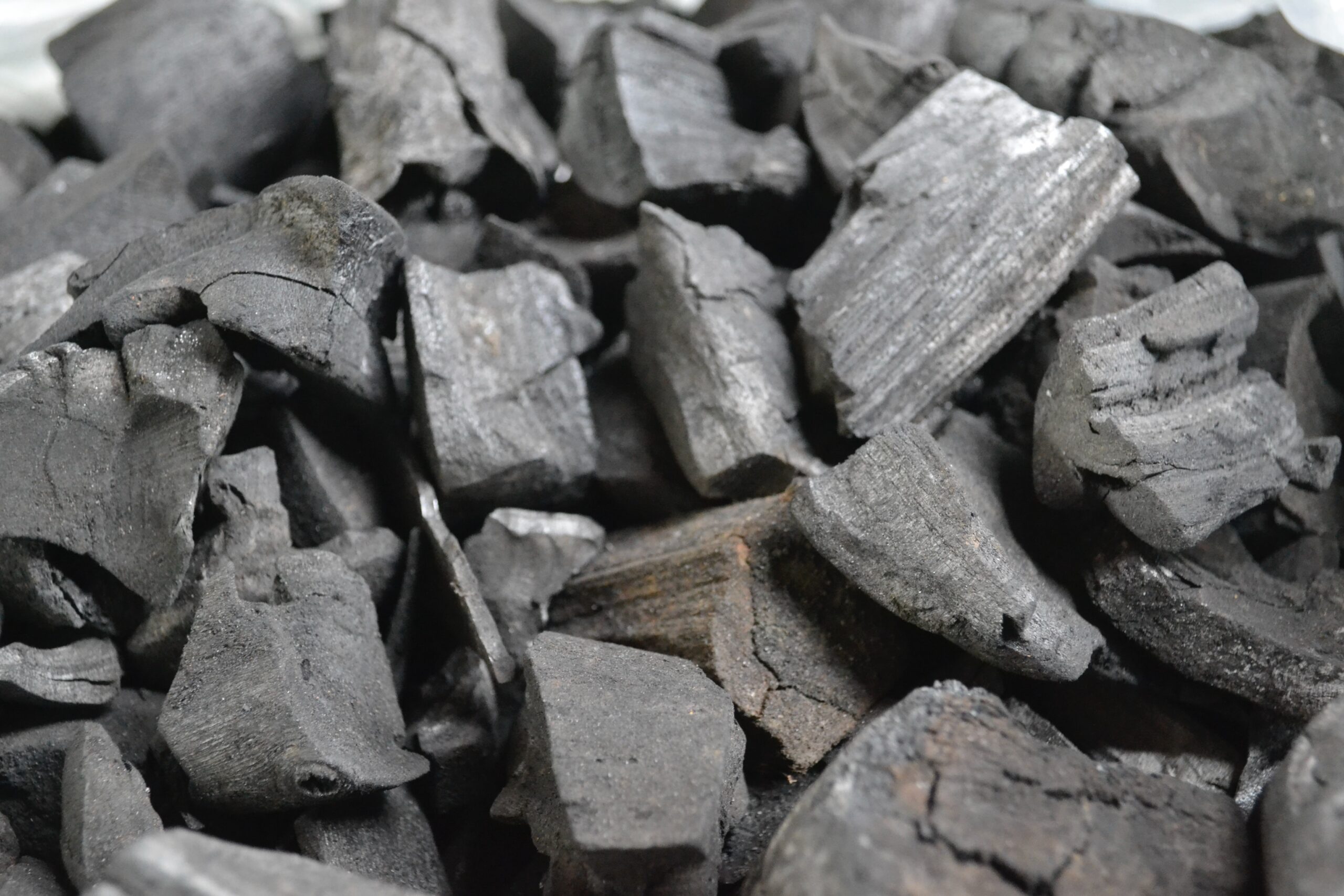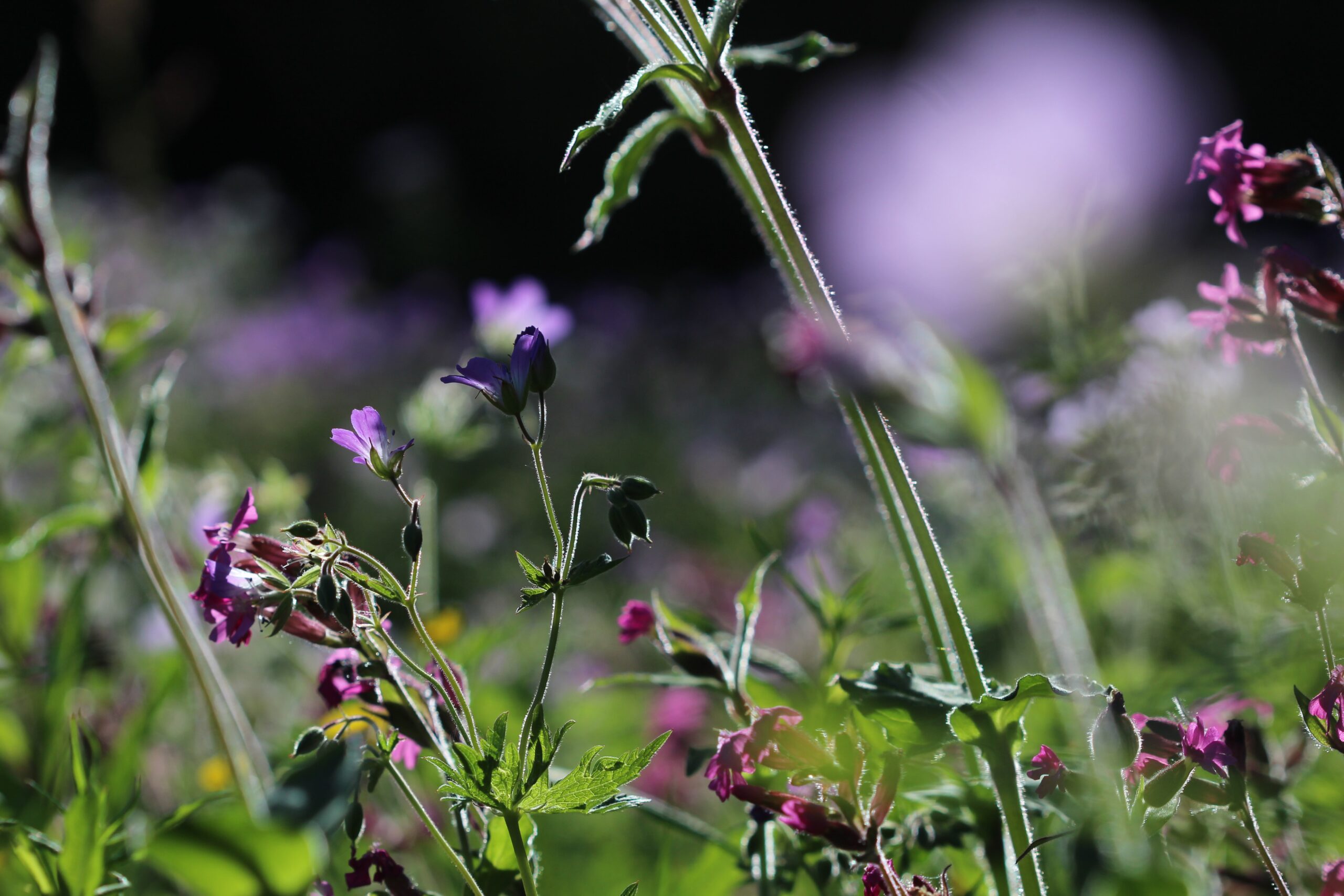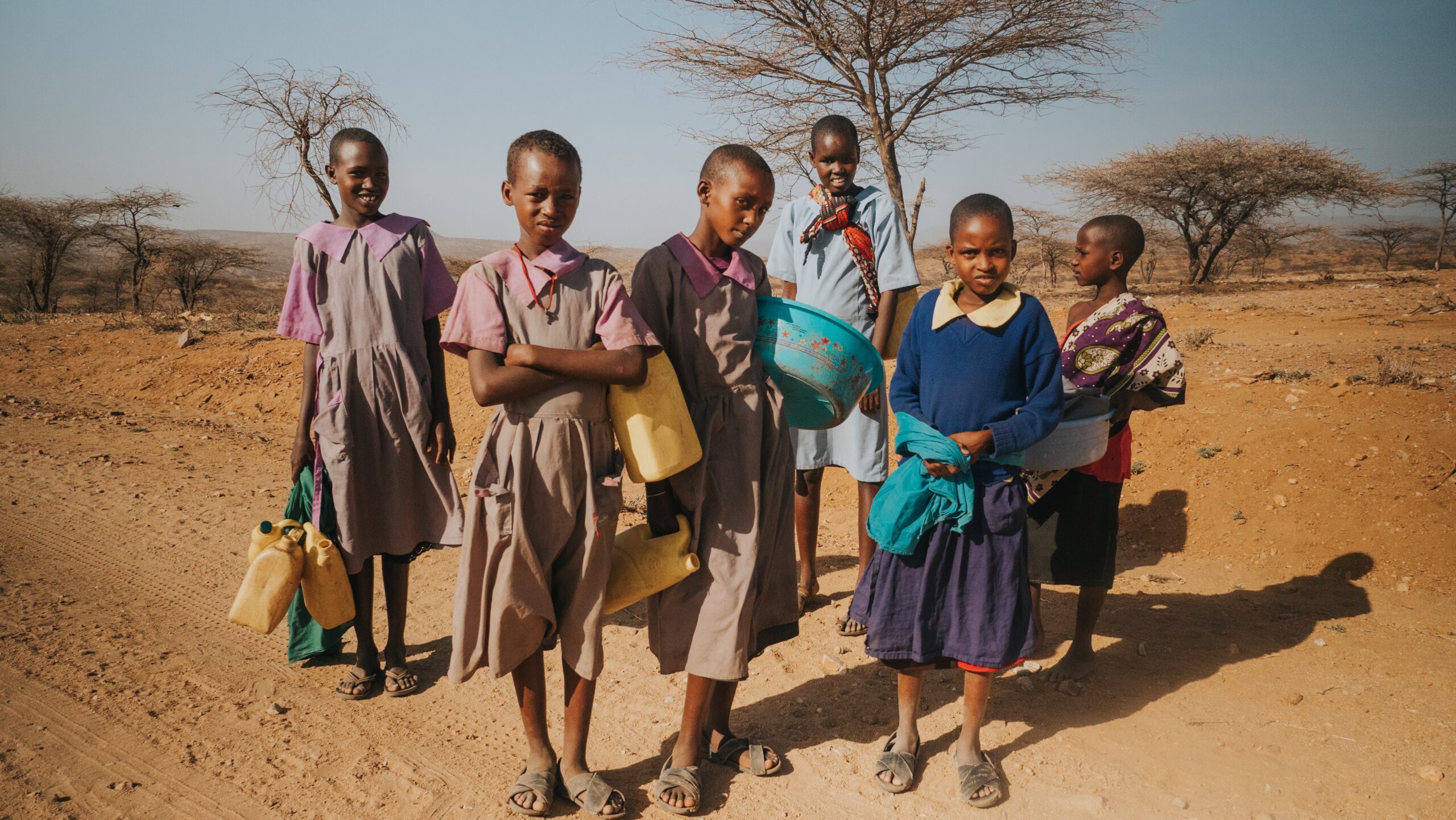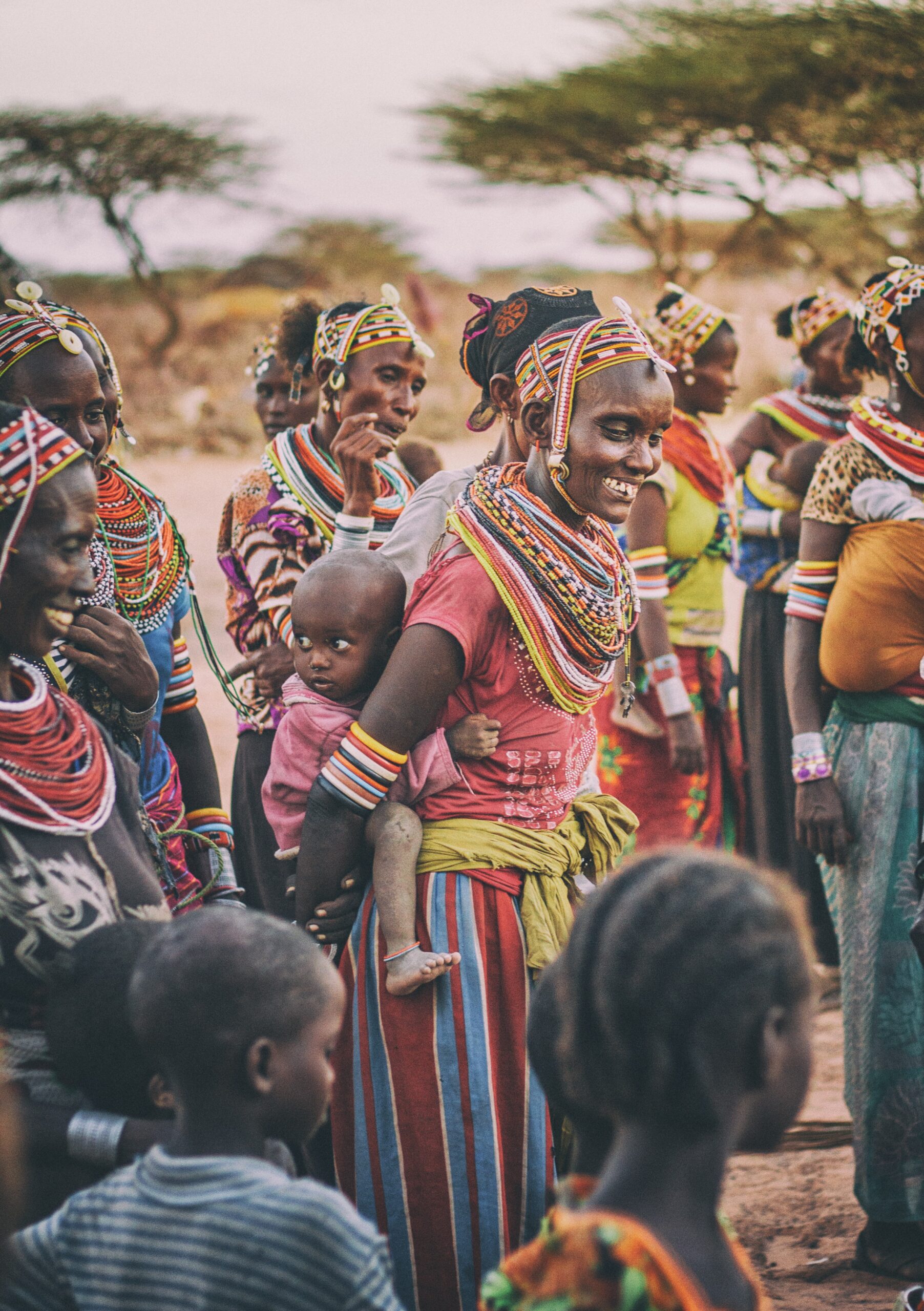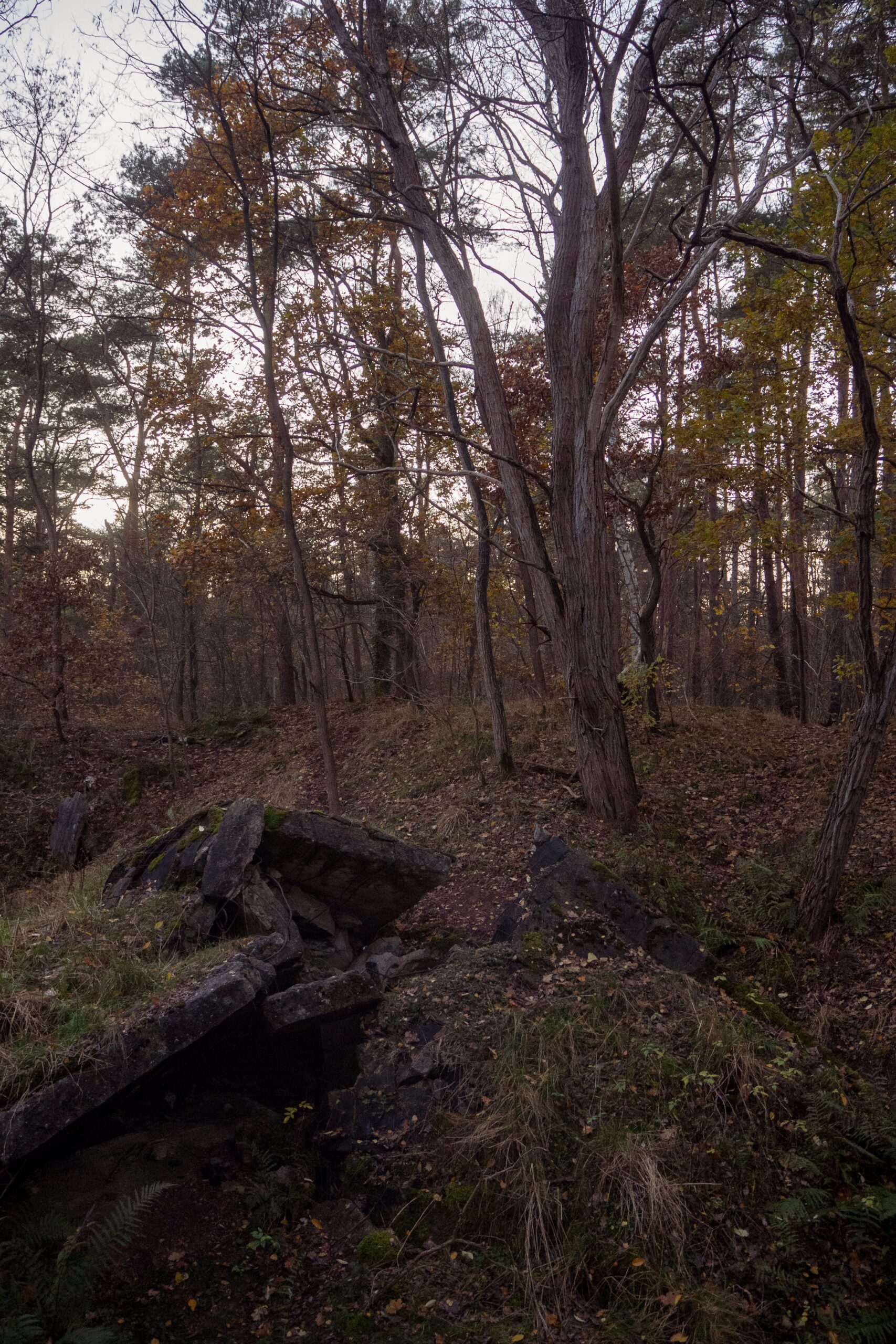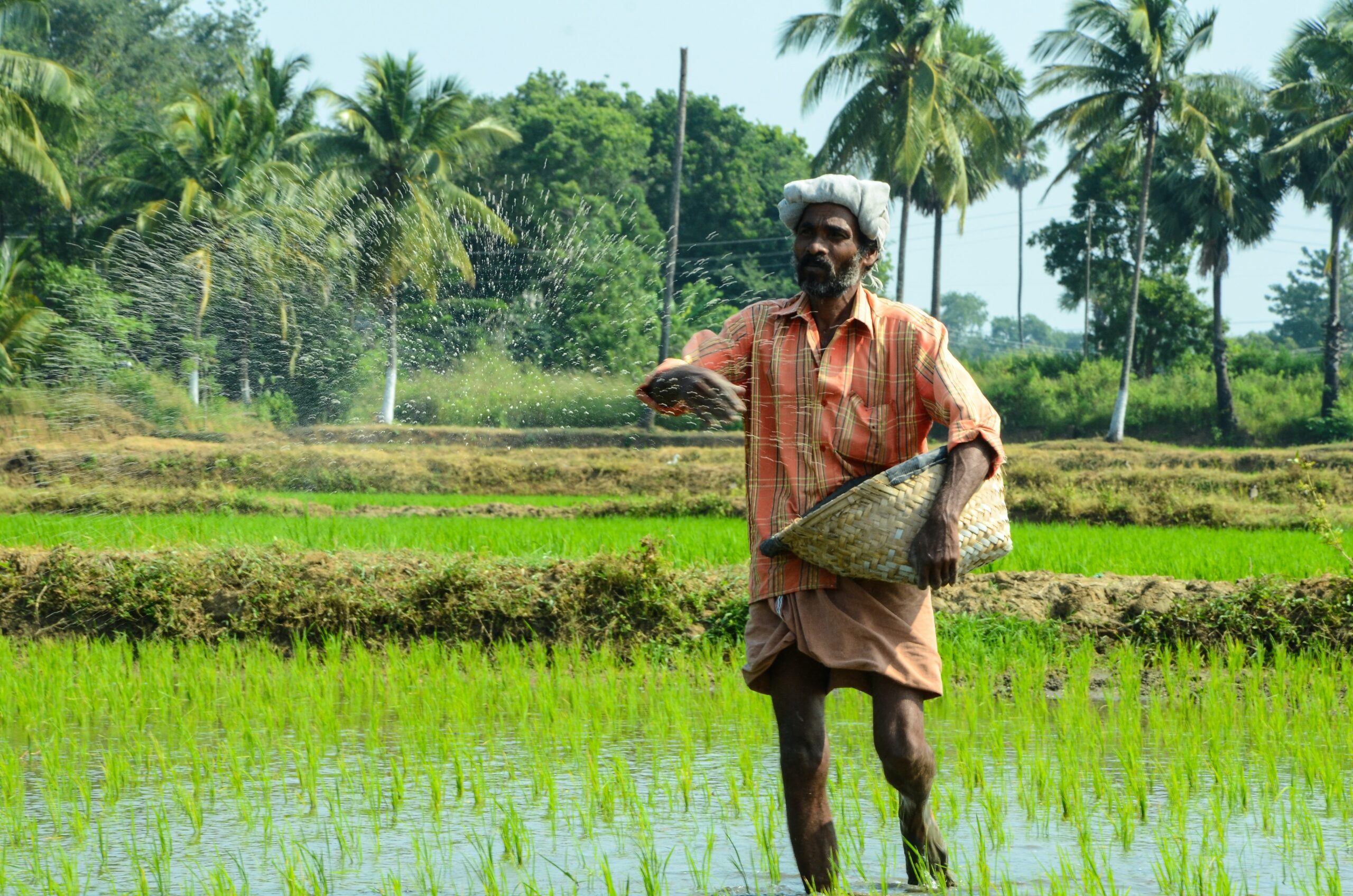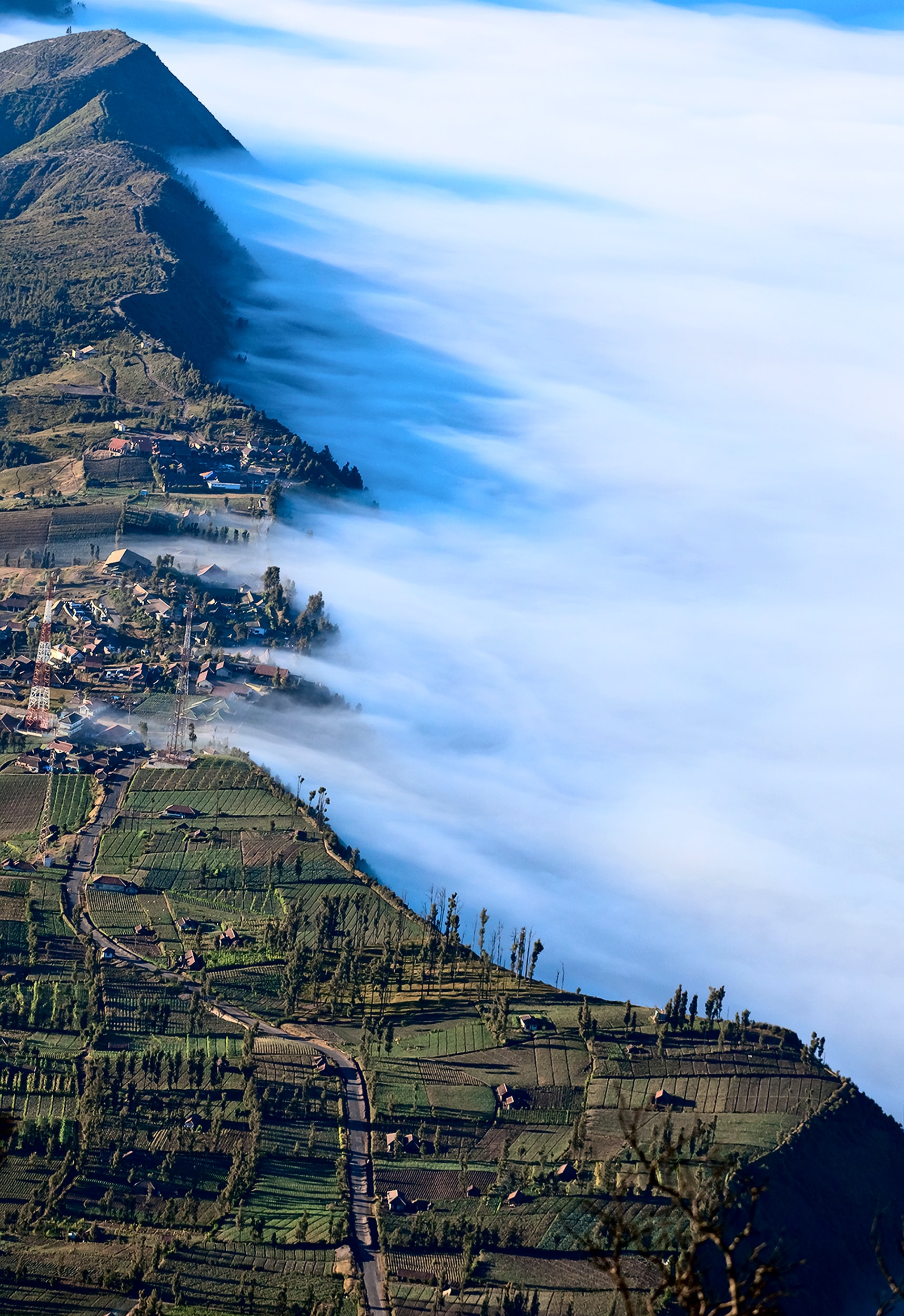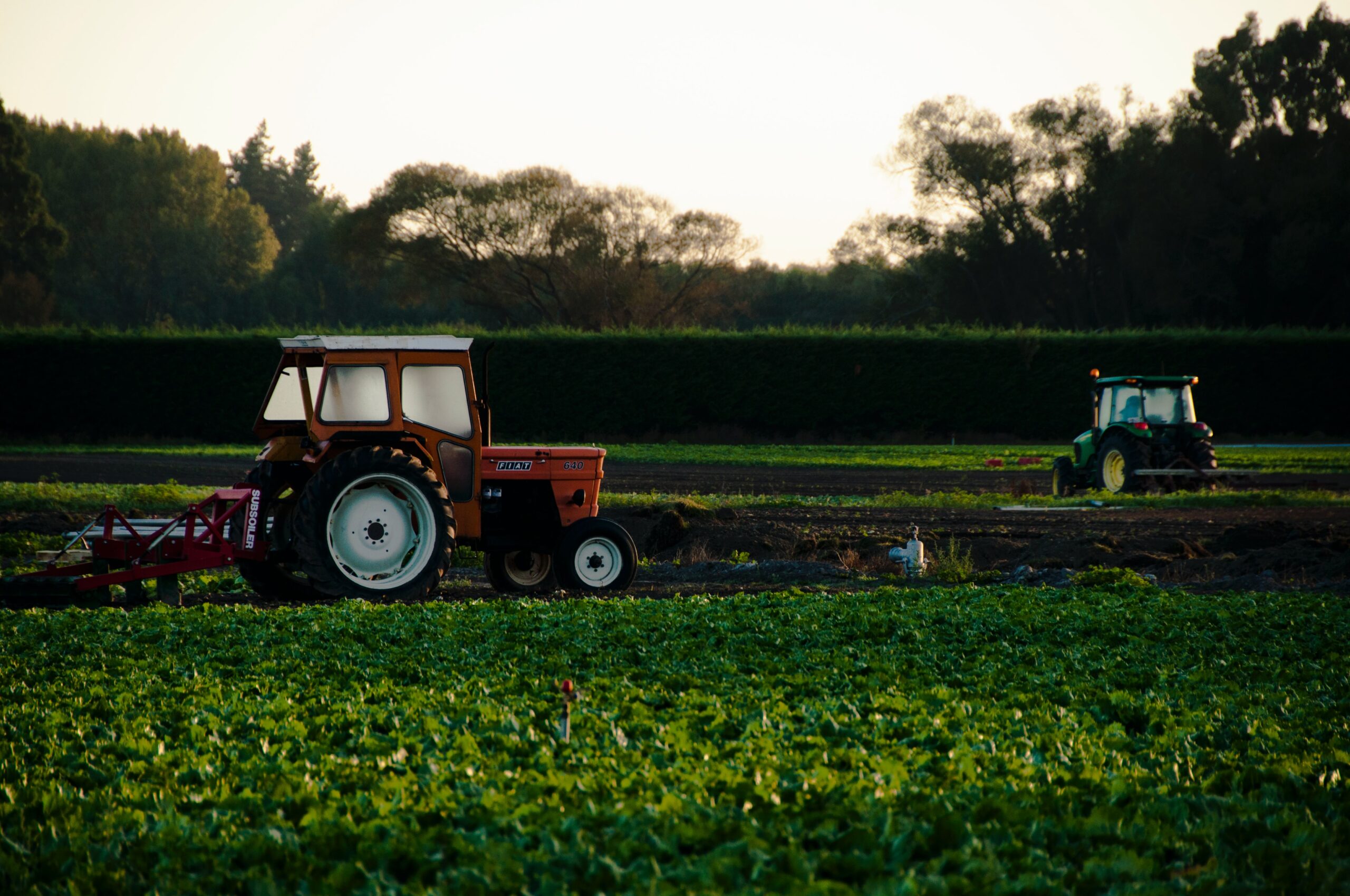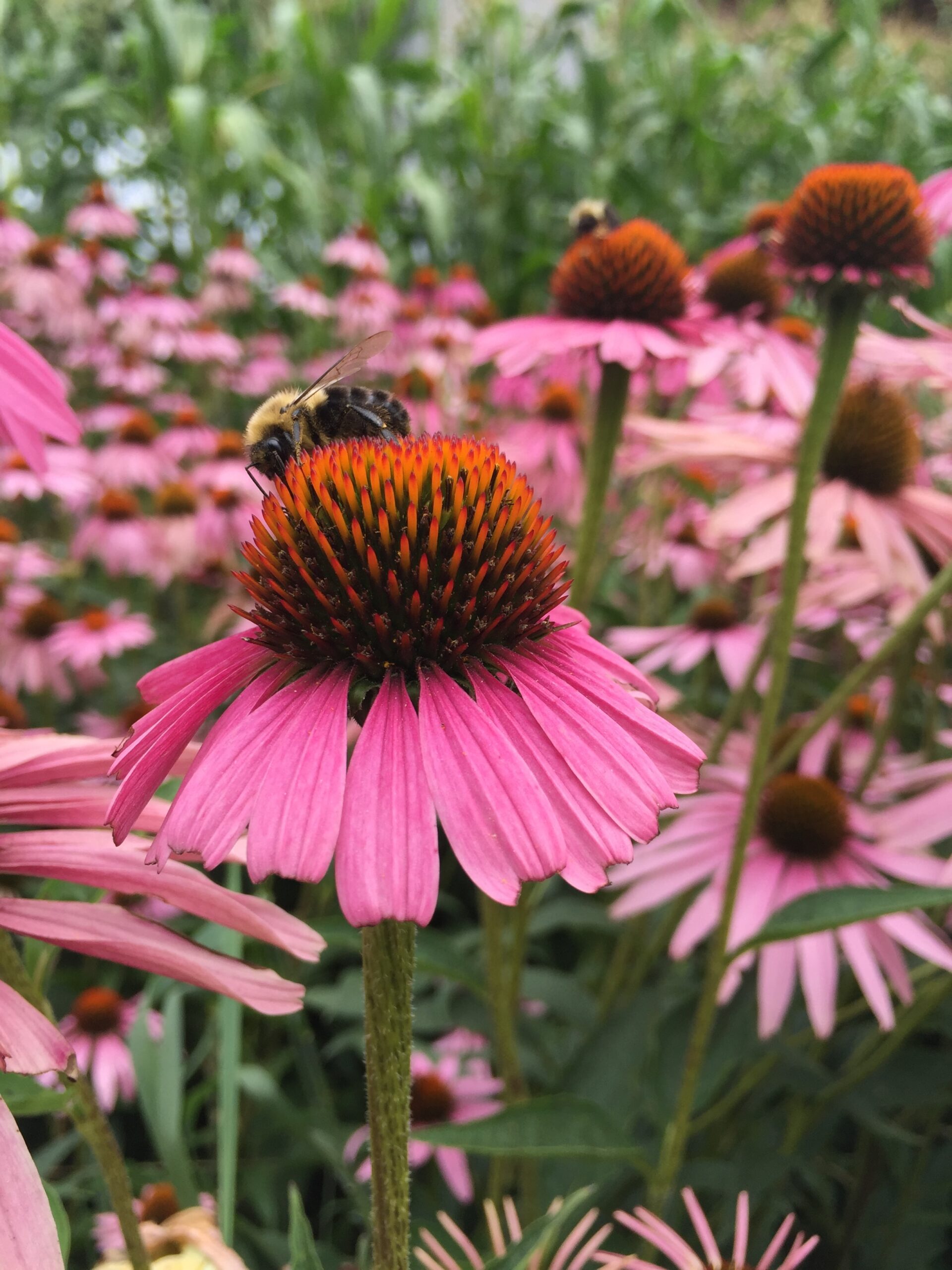Indigenous knowledge provides specific views of the world held by various indigenous peoples. It offers different views on nature and science that generally differ from traditional western science. Furthermore, it introduces different perspectives on nature and the human in nature. Coming basically from a Western perspective on nature and science, the paper analyzes the literature in science education focusing on research and practices of integrating indigenous knowledge with science education. The paper suggestsDidaktikmodels and frameworks for how to elaborate on and design science education for sustainability that takes indigenous knowledge and related non-Western and alternative Western ideas into consideration. To do so, indigenous knowledge is contextualized with regards to related terms (e.g., ethnoscience), and Eastern perspectives (e.g., Buddhism), and alternative Western thinking (e.g., post-humanBildung). This critical review provides justification for a stronger reflection about how to include views, aspects, and practices from indigenous communities into science teaching and learning. It also suggests that indigenous knowledge offers rich and authentic contexts for science learning. At the same time, it provides chances to reflect views on nature and science in contemporary (Western) science education for contributing to the development of more balanced and holistic worldviews, intercultural understanding, and sustainability.















































































































































































































































































































































































































































































































































































































































































































































































































































































































































































































